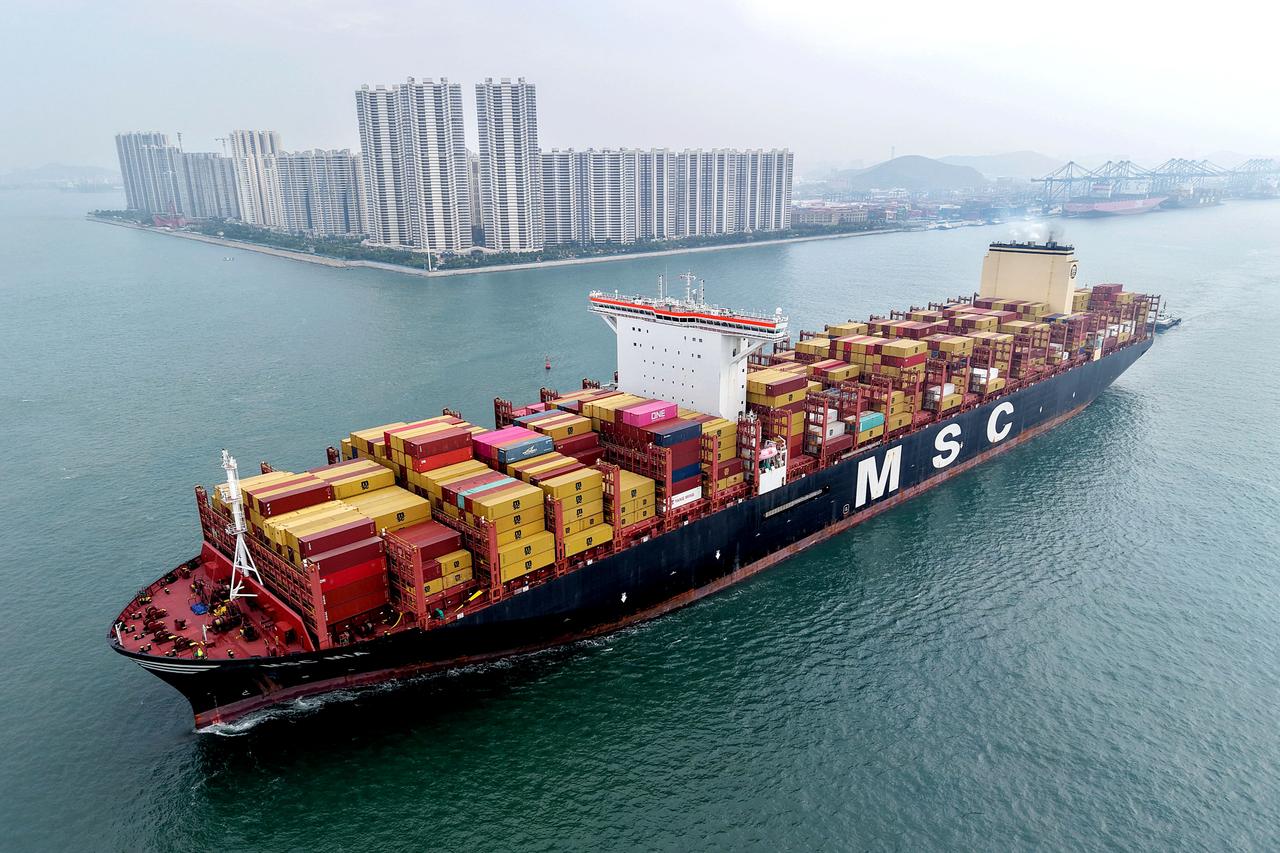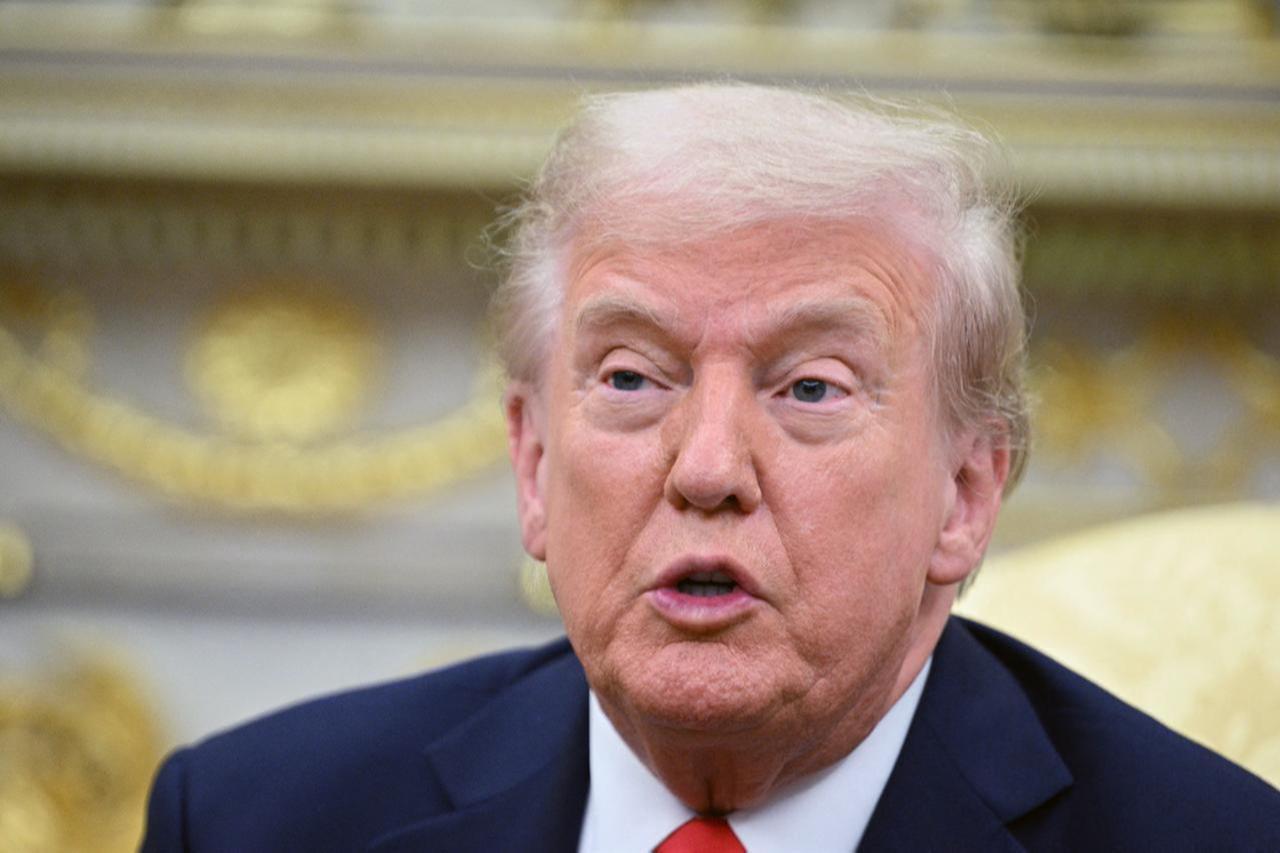
A pivotal vote on a global carbon-pricing system for the shipping industry was postponed Friday after the United States threatened sanctions against countries supporting the climate measure, marking a significant setback for international efforts to reduce maritime greenhouse gas emissions.
The International Maritime Organization voted 57-49 to delay approval of the Net Zero Framework until next year, abandoning plans to formally adopt the carbon-reduction mechanism that had been approved in principle last April by the London-based UN body.

The hastily arranged postponement resolution came after President Donald Trump denounced the proposed system as a "scam" and warned of potential sanctions, visa restrictions and port levies against nations backing the plan. The White House pressure campaign succeeded in fracturing what had been majority support among the IMO's 176 member states.
"I am outraged that the International Maritime Organization is voting in London this week to pass a global Carbon Tax," Trump wrote Thursday on Truth Social. "The United States will NOT stand for this Global Green New Scam Tax on Shipping."
"Many countries have changed their minds under pressure from the United States," a European Union source told AFP.

The delay represents a victory for oil-producing nations, with Saudi Arabia and the United Arab Emirates joining the United States in opposing the framework. Russia, which voted against the measure in April, described Friday's proceedings as "chaos" after negotiations stretched into the early morning hours.
Saudi Arabia explicitly aligned itself with the US position, with a Saudi representative stating, "We agree with the United States that it's important that these conversations are brought to light."
The voting breakdown showed erosion of support for the climate measure. Argentina, which abstained in April, now opposes the deal. Major economies including China, the European Union, Brazil and Britain maintained their backing, but were unable to secure the votes needed to proceed.
The proposed Net Zero Framework would have required ships to progressively reduce carbon emissions starting in 2028, with vessels exceeding certain thresholds facing financial penalties. Revenue from the system would have supported low-emission vessels and countries vulnerable to climate change.
Shipping accounts for nearly three percent of global greenhouse gas emissions, according to IMO data.
IMO Secretary-General Arsenio Dominguez expressed disappointment with the contentious process. "It doesn't help your organisation, it doesn't help yourself," he told delegates Friday.
International reaction was swift. A spokesman for UN Secretary-General António Guterres called the postponement "a missed opportunity for member states to place the shipping sector on a clear, credible path towards net zero emissions."
The International Chamber of Shipping, which represents more than 80 percent of the world's fleet, warned that the delay creates uncertainty for industry planning. "Industry needs clarity to be able to make the investments needed to decarbonise the maritime sector," Secretary General Thomas Kazakos said.
Since returning to office in January, Trump has reversed US climate policy and promoted fossil fuel use through deregulation. Washington withdrew from IMO negotiations on the carbon-pricing system in April.
If eventually adopted, the framework would be difficult for the United States to circumvent. IMO conventions permit member countries to inspect foreign vessels during port visits and detain ships that don't comply with international standards.
The postponement pushes any potential implementation of maritime carbon pricing to at least 2026, leaving the shipping industry without mandatory emissions reduction requirements as climate scientists warn of narrowing windows to limit global warming.